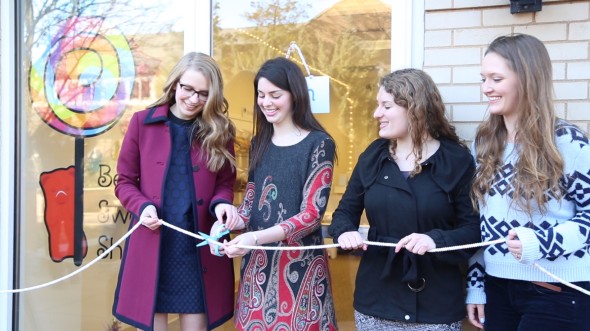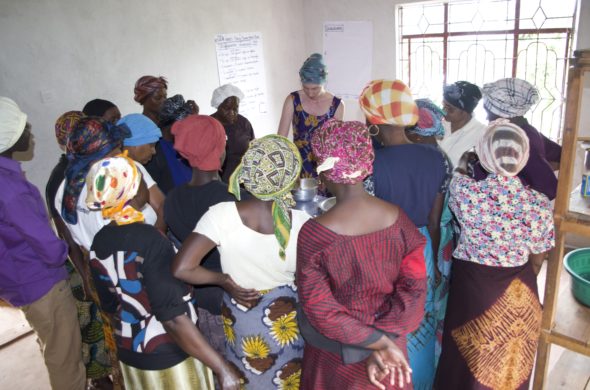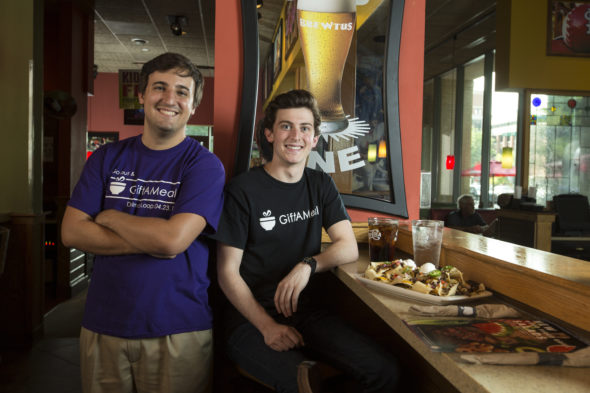We were intrigued when a recent story in the St. Louis Business Journal reported that one of Prof. Cliff Holekamp’s students had recommended an Austin, Texas startup as a good investment prospect. Holekamp is also a managing partner of Cultivation Capital, and as the Business Journal reported, the venture capital firm’s new Life Sciences II fund is participating in a multi-million dollar Series A financing round for the company recommended by the student.
Who is this mysterious student? Do VCs always listen when he whispers the name of promising startup? With help from Prof. Holekamp, we tracked down Spencer Romo, BSBA ’15. Here’s what we found out:
What was your major/minor?
Economics and Strategy, Entrepreneurship double major, and lots of coursework in Computer Science.
Are you an entrepreneur?
I joined a startup called Cerebri AI in the fall of 2015 as the 2nd Employee. Cerebri has gone through many of the stages of startup, and I’ve had a front-row seat to the action. My plan is to continue working in AI and Big Data related startups until I’m ready to start my own!
What is your current job, title, and responsibilities?
I’m a data engineer: Some days that means that means I’m working in the capacity of a Quantitative Analyst, except with big data tools and machine learning favored over typical statistical methods. Some days that means that I’m a back-end developer working on building big-data or compute infrastructure. Some days that means I’m designing experiments to prove concepts or to discover new techniques for applying machine learning to common business use cases. I’m actually transitioning into a new company in the last week of May where I’ll be the lead developer for a newly founded venture based on utilizing geospatial data and applying machine learning techniques to extract new value from that data.
Why did you recommend Narrative Dx to Cultivation Capital?
I had the honor of playing ping-pong with many of their employees on an almost daily basis in the office building we share. Through that proximity, I learned about their progress and technical capability. They were having a really hot streak of getting good client traction, and their team had a great understanding of the pain they were trying to solve, and a viable (and lucrative) method for doing so. In short, I realized that they met many of the criteria that I learned in Olin about how to spot successful ventures, and all they needed were partners to help them take their proven vision to the next step of realization. I knew of Cultivation Capital through my experiences in the Entrepreneurship program at Olin, and it only made sense to introduce Narrative DX’s CEO to the Cultivation team.
Were you surprised that Cultivation Capital participated in its Series A round?
Well, I knew they deserved it, but I can’t say I was expecting an email chain to turn into a major funding event and the introduction of a new capital player to the Austin startup scene! I’m glad for both parties; I believe that this is going to be a great deal for the NDX team and the Cultivation team, and I’m glad to help out!
How does the Austin startup ecosystem compare to St. Louis?
Here’s a list of a few differences I’ve observed.
- Austin has a reputation for being a tech hotspot, and St. Louis is definitely more life-sciences oriented.
- Austin seems to have way more startups with way less capital to go around. It’s kind of brutal to be honest, and it seems there’s not a huge appetite for B-C type investments.
- St. Louis feels like it has much more assistance from universities and from corporate sponsors to fund innovation. The CIC is a great example of how big companies can help drive innovation by providing investment and support for innovation initiatives. Austin definitely has less of that in my opinion.
- Given my experience in the St. Louis startup community (I tried and failed to launch my Hatchery project in St. Louis!), I could see myself starting a venture there one day!
Any advice for Class of 2017?
Go work in a startup!
If your worst fears come true and everything falls apart in 8 months, you’ll still have your parent’s couch and a WashU education! Plus you’ll have the valuable experience of failing, which will be a rare asset that many of your peers won’t get until later in life when it’s not as easy to recover from. Taking a risk later will always be more difficult.
You might actually find out that your degree and your desired career path don’t map neatly. I sure did, and I’m glad that it took me 2 months instead of 2 years to figure it out.
Olin in particular does a great job preparing you to think critically, articulate your thoughts, and act on those ideas. It turns out those skills are at a premium in any field, and you can always learn new skills if they align with what you like to do. Plus, if you’re good, you get to do what you’re good at, and as the company grows, so does your specialization in the things you really like to do. What better way to figure out exactly what it is you like and grow into it?
It’s hard and rewarding work. At the end of the day, you might have more stress than your peers working stable jobs at big companies, but you also take home the satisfaction of realizing an idea from the beginning to wherever you decide to take it!
Thanks, Spencer, for solving “the student” mystery! Great to hear about what you are doing, your views on Austin v. STL startup scene, and your advice. Stay in touch!
 Burke joined Arch Grants in 2013, a year after it was launched as a nonprofit organization dedicated to “building a new economy by providing $50,000 equity-free grants and pro bono support services to entrepreneurs who locate their early-stage businesses in St. Louis.”
Burke joined Arch Grants in 2013, a year after it was launched as a nonprofit organization dedicated to “building a new economy by providing $50,000 equity-free grants and pro bono support services to entrepreneurs who locate their early-stage businesses in St. Louis.”

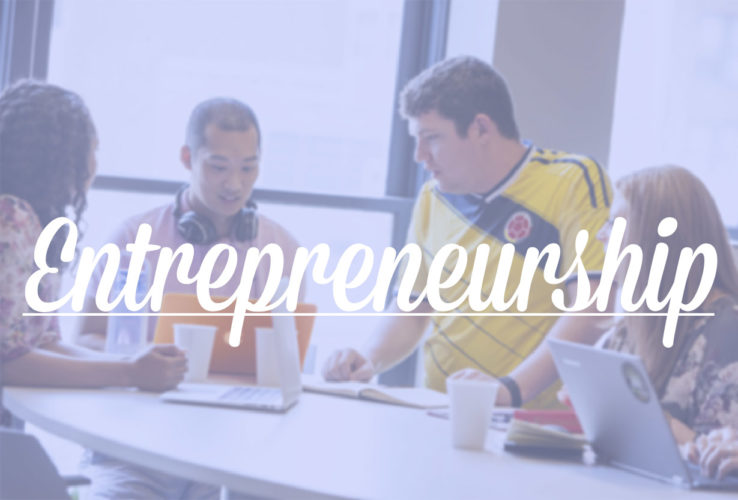
 Holekamp recalled his former student’s enthusiasm for entrepreneurship, “Over his time in college he [Bernstein] got engaged with the startup scene in St. Louis and started getting excited about software.”
Holekamp recalled his former student’s enthusiasm for entrepreneurship, “Over his time in college he [Bernstein] got engaged with the startup scene in St. Louis and started getting excited about software.”
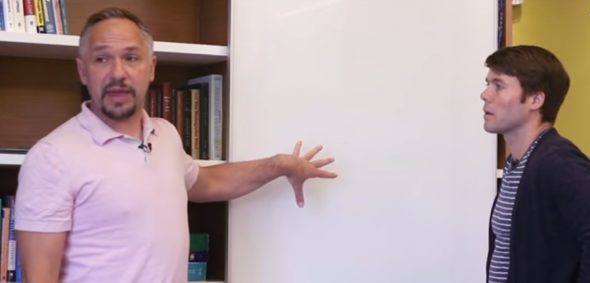
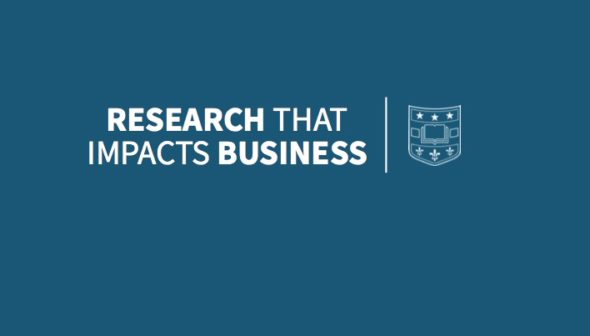 This research was presented as part of the Olin
This research was presented as part of the Olin 
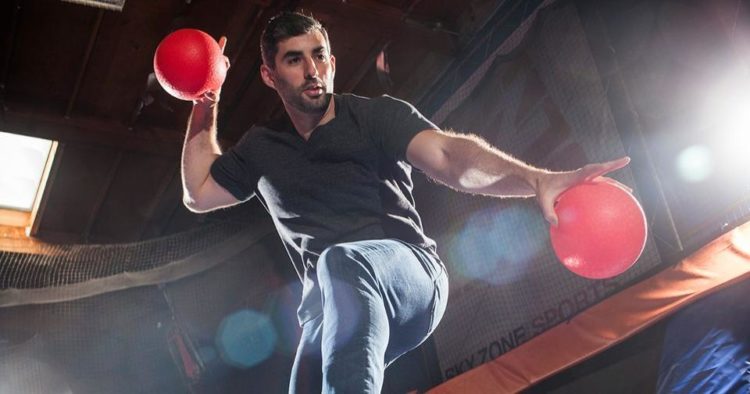

 Platt tells Forbes that he doesn’t plan to sell his fitness/entertainment venture any time soon, “We created a billion-dollar industry from scratch,” he says. “There’s a lot left to accomplish.”
Platt tells Forbes that he doesn’t plan to sell his fitness/entertainment venture any time soon, “We created a billion-dollar industry from scratch,” he says. “There’s a lot left to accomplish.”

